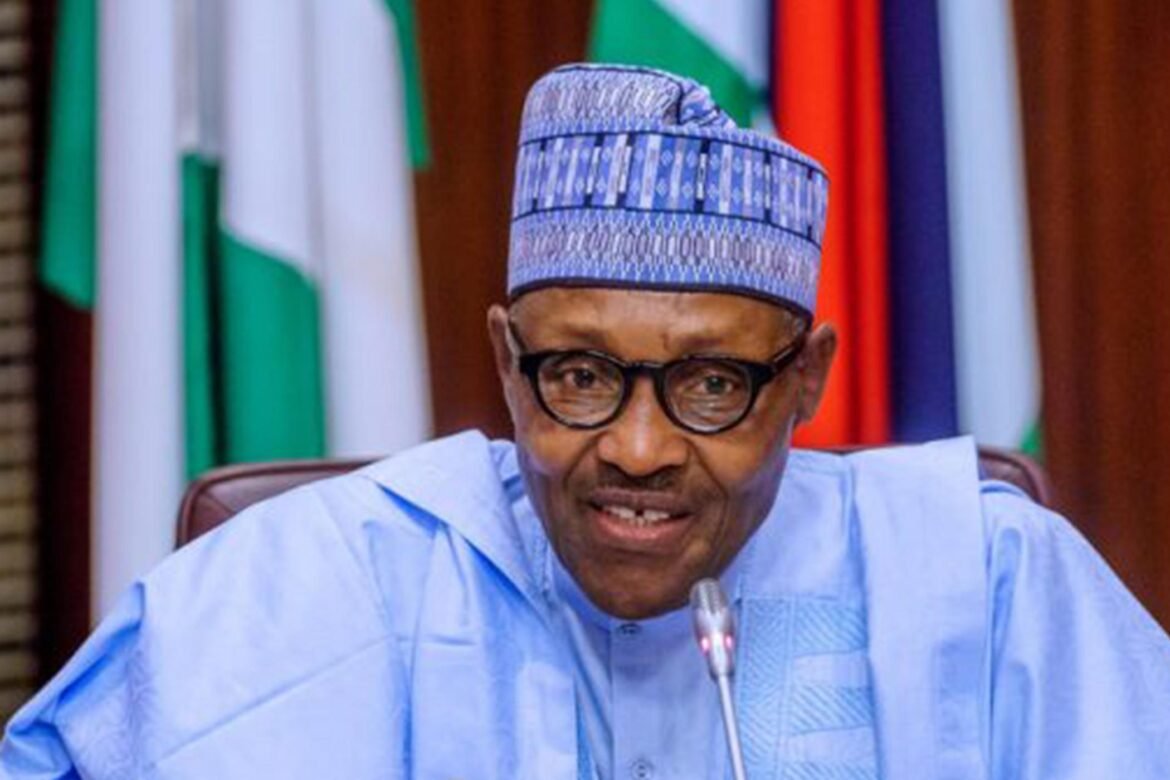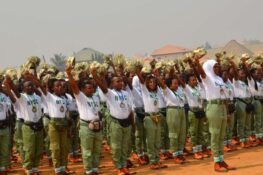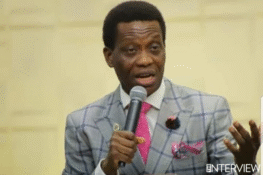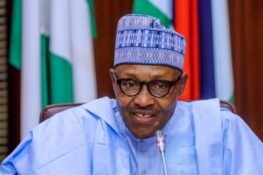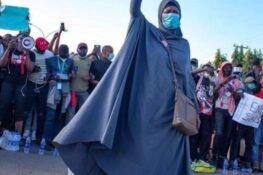President Muhammadu Buhari is committed to fair, credible and violence-free electoral process in the country.
The Attorney General of the Federation and Minister of Justice, Abubakar Malami made this known in his keynote address during the 2022 Media Conference of National Association of Judiciary Correspondents (NAJUC) with the theme: “2023 General Elections; Judiciary and Sustainability of Nigeria’s Democracy” on Thursday in Abuja.
The Minister was represented by Dr. Umar Gwandu, his Special Adviser on Media and Public Relations.
“This is evident in President Buhari’s recent assent to the Electoral Act, 2022 which has been applauded by many patriotic citizens, pundits and international community.
“One of the major highlights of the new Electoral Act is the legal backing provided for the Independent National Electoral Commission (INEC) to deploy technology among many other commendable initiatives to bequeath posterity, a legacy of viable democratization tool.
“No doubt the new Electoral Act is an improvement on the repealed electoral law in many ways,” the minister said.
He noted that there is no doubt that the new Electoral Act is an improvement on the repealed electoral law in many ways.
He added that the sustainability of Nigeria’s democracy is not linear, nothing that citizens have vital roles to play in the democratic process and must shun all vices that are capable of undermining the progresses that have been recorded so far.
“The media is considered to be the fourth Estate of the Realm for information dissemination, opinion formation and facilitating informed decision-making.
“In particular, the media is paramount in voter education so that the Nigerian citizens are enlighten to resist the urge of selling their votes and not to allow themselves to be used to commit electoral offences or cause violence before, during and after elections.
“We cannot overemphasize the importance of discussing issues bothering on the forthcoming general elections with focus on the judiciary and sustainability of Nigeria’s democracy.
“There could not be a more appropriate time than now as we assemble relevant stakeholders for this critical national engagement”.
According to him, ‘supporting fair, credible and violence-free electoral process in the country remains one of the cardinal themes of the Nigeria’s Federal Ministry of Justice National Policy on Justice 2017.
“The sustainability of any democracy requires multifaceted approach and the media has been generally acknowledged for the vital role in promoting and sustaining democratic societies”.
The Chief Judge of High Court of the FCT, Justice Hussain Yusuf, admitted that the Judiciary is under pressure due to unprecedented number of pre-election cases, which will definitely skyrocket after the election proper.
Yusuf, represented by Justice Olukayode Adeniyi, assured that Justice will be done to all the cases without fear, favour or ill-will.
Chairman of NAJUC, Kayode Lawal, appealed to politicians to play politics by the rules and in acordance with the provisions of the Electoral Act, 2022.
Lawal noted that the last primary elections conducted by various political parties to select candidates for the forthcoming general elections was fraught with fraud, deceit, illegality etc.
The NAJUC Chairman noted the upsurge in number of pre election cases pending in various jurisdictions across the country and called on the judiciary to work hard to dispose all the cases on time.
(NAN)
